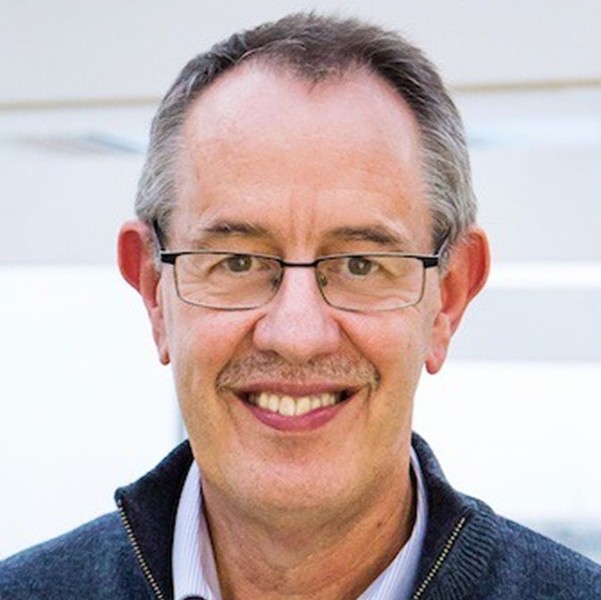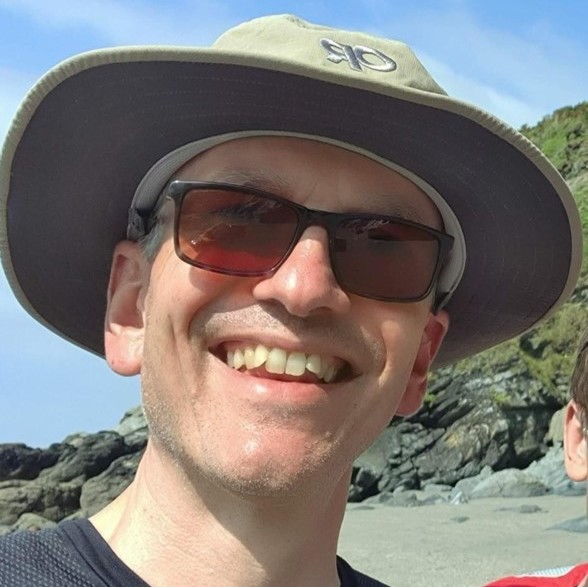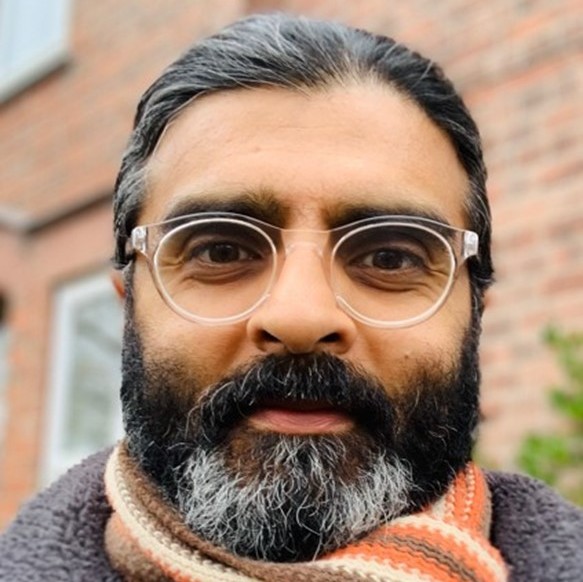About the BUILD Programme - Building Up Insight, Learning and Development
Project aims
The aims of this project are as follows:
To develop an intervention which supports all primary care colleagues (clinical and non-clinical), working in Nottingham or Nottinghamshire, who may be experiencing difficulty at work, or may be struggling to return to work. This includes Practice Managers, admin staff, Practice Nurses, any of the ARRS roles, Healthcare Assistants and GPs.
To evaluate the impact of the intervention in terms of workforce retention and applicability.
Project team
The project is funded by workforce retention funds from NHSE and is being delivered by Nottinghamshire Alliance Training Hub (NATH) in collaboration with the Phoenix Programme (PP). Laurence Quirk and Dr Gemma Wilkinson are organisation leads and Dr Rashbal Ghattaora is overall clinical lead for this project.
Eligibility criteria
Primary care colleagues (clinical and non-clinical) who:
Live or work in Nottingham or Nottinghamshire.
Are experiencing difficulties at work or currently off work, but wanting support with return.
Agree to support the evaluation of the project.
Details of the BUILD Project
For the purposes of this project, Primary Care colleagues enrolled onto the programme will be referred to as clients and colleagues supporting them will be referred to as facilitators.
The project has finite resources and will endeavor to support all those that enroll but the clinical lead may prioritise colleagues based on need. The project has trained a number of experienced facilitators with a background in education, appraisal, mentoring and coaching.
The role of the BUILD facilitators DOES NOT replace or duplicate the activities of an NHSE appointed clinical or educational supervisor.
Referral onto BUILD
Primary Care colleagues who meet the eligibility criteria can self-refer into the programme by emailing alliance.hub1@nhs.net.
Initial assessment will involve completion of a self-assessment pro-forma followed by triage by a senior facilitator with opportunity to sign-post to local services.
Following the initial triage, the client will be allocated to one of our experienced BUILD facilitators.
Intervention
Intervention(s) will be delivered by a trained BUILD facilitator using a variety of tools including self-regulation educational theory and coaching skills. The aim is to involve the client in designing the intervention.
As part of the intervention, clients who may be struggling financially can access a small bursary to undertake specific CPD activities agreed with the facilitator and linked with plans to return to work.
Clients will be offered opportunities to meet with peers who are also part of the project, in a safe space, with facilitation by a trained coach.
The facilitator will offer a total of 8 hours support to the client, with flexibility on scheduling over a 12-month period.
Example of the session content
Please note that this will be be-spoke to each client.
Session 1
Developing rapport
Agreeing client-facilitator contract
Clarifying context and issues
Agreeing goal
Session 3
Review of progress
Accessing further support including role plays
Identifying barriers and challenges
Identifying support and resources
Session 2
Joint planning of intervention
Agreeing educational personal development plan
Identifying support and resources
Agreeing initial steps
Session 4
Review of progress
Evaluation
Supporting transition to “return to work” programme in collaboration with Phoenix Programme
Key principles underpinning Interventions to the BUILD Programme
Creating a safe space but reaffirming confidentiality (within the same caveats as in appraisal). Reaffirming that this is not a summative assessment and that there will no formal reporting to anyone (although the facilitator may discuss issues with the clinical project lead for advice only). Acknowledging the motivation and dedication of colleagues. Showing empathy and positive regard.
Providing specific feedback, and avoiding generalised judgements
Maintaining the colleague’s professional identity and respecting their autonomy by involving them in the intervention.
Ensuring any agreed goals are realistic and achievable (i.e. SMART).
Supporting the colleague who maybe experiencing isolation from peers, by inviting them to a peer networking session where other colleagues receiving the intervention can meet.
Contrasting the colleague’s perceptions of their good practice against performance data on their actual practice. A role player can be used, if required, to demonstrate the disparity. Although this may cause some professional dissonance, it can in turn lead to an acceptance to change.
Being positive, affirming the colleague’s strengths and prior achievements. Breaking issues into manageable chunks and setting realistic goals.
Supporting colleagues in identifying those aspects of performance that have caused problems. Including an exploration of any emotional triggers. Aiming to enhance self-efficacy, which in turn will provide motivation to change.
Framing the intervention in a positive way to avoid stigmatisation, hence involving the colleague in all the stages.
Providing an opportunity for the colleague to practice new behaviours or skills either through simulation or in situ if appropriate. Providing appropriate feedback and guided reflection.
Evaluation
Clients who enroll onto this project, consent to partake in structured interviews as part of the evaluation process.
Client and Facilitator Agreement
Please see Appendix 2 (pages 9-11) in the BUILD Pilot Flyer which provides an example of the Client and Facilitator Agreement.
Meet the team!
Dr Catherine Worsey
I’m a Nottingham salaried GP with a portfolio career including being an advisor to Nottinghamshire Healthcare Trust and an appraiser. I’ve been a psychiatry specialty trainee, GP partner, locum and worked in Australia which gives me a good insight into the struggles we can face working in healthcare. I’m interested in medical education and have been a GP trainer. I’ve trained in mentoring and more recently in CBT coaching.
Dick Churchill
I was a ‘late career’ GP with extensive experience as a GP Principal and Partner in a large practice in the suburbs of Nottingham, and more recently as a salaried Clinical Lead GP in Nottingham City. For many years I worked at the University of Nottingham as Director of Clinical Skills, supporting undergraduate healthcare students.
Since 2017 I have been an NHS Appraiser and also currently run a NHS England-commissioned programme, based on self-regulation learning principles, to support struggling GP trainees. Over the years I have had roles in the RCGP at both local and national level, and an academic interest in adolescent health has resulted in my involvement in some international projects. Away from my career I enjoy spending time with my family, reading, walking, travelling, and trying to play a saxophone!
Graham Todd
After qualifying from Sheffield University in 1994, I studied for a Postgraduate Certificate in Education whilst working as a junior doctor. After teaching in a sixth form college for 2 years I returned to full-time medicine, qualifying as a GP in 2003. I worked as a locum before becoming a salaried GP in Buxton and then in Bakewell. Due to my interest in supporting colleagues I became a GP tutor in 2009, working for HEE to provide educational events for local doctors. I also trained as a Mentor and was involved in the GP-Support mentoring programme at the beginning. In 2012 I became a Primary Care Educational Lead, teaching Quality Improvement Science both regionally and nationally.
Until December 2019 I was an assistant Programme Director helping to organise the local GP training scheme and in recent months I have worked as a Clinical Supervisor supporting a GP returning to work under NHSE restrictions after a period of difficulty. I continue to work as an Educational Supervisor for Peak and Dales Medical Partnership, and in my free time help to run a local counselling charity. I remain interested in education and helping colleagues who need extra support. My unusual portfolio career has seen me in a wide range of different roles and I bring these varied experiences into my work as a BUILD facilitator.
Dr Rashbal Ghattaora
I am overall clinical lead for the BUILD Pilot. I have been a GP Partner for over 18 years. I have a portfolio career with a particular interest in education and assessment. I am GP trainer and GP Appraisal lead for Midlands team (Nottinghamshire), NHSE. I also work for NATH as a GP Educator and I am an examiner for the RCGP. I have also trained as a mentor for GP-Support. I enjoy martial arts but my passion lies in surfing, although I am not very good!
Tagged as: NATH Projects
Share this post:







